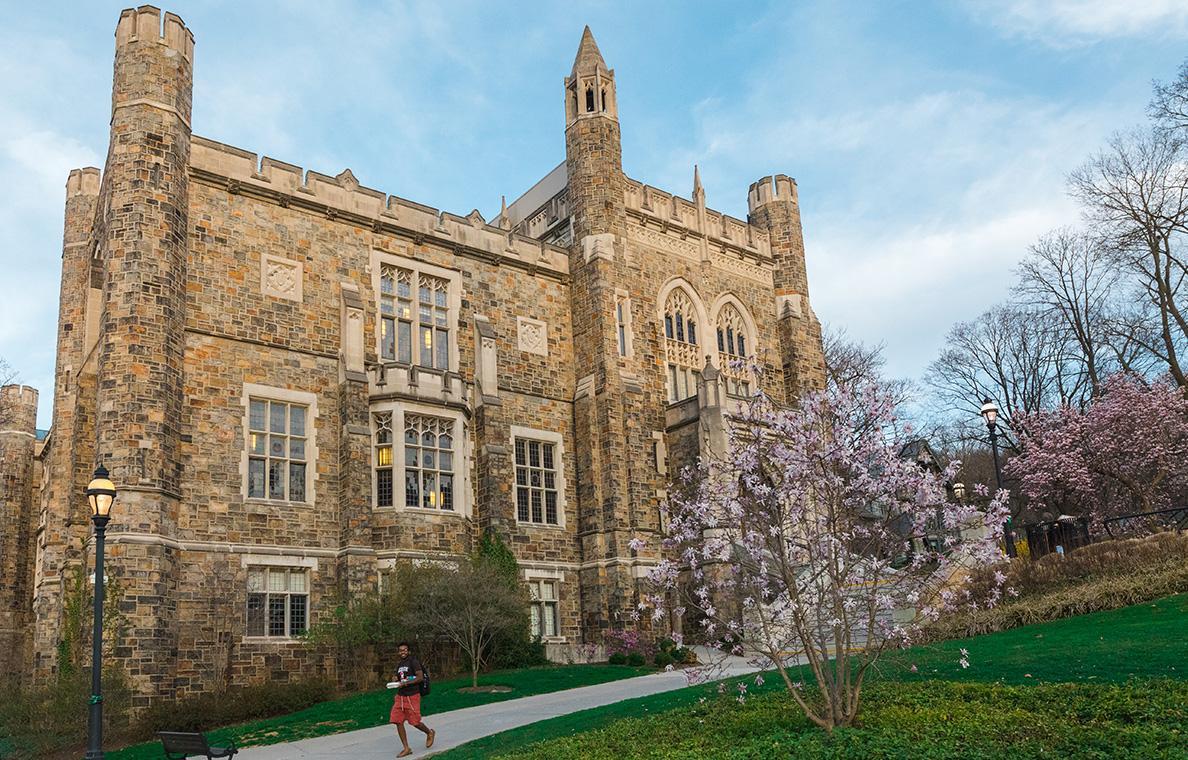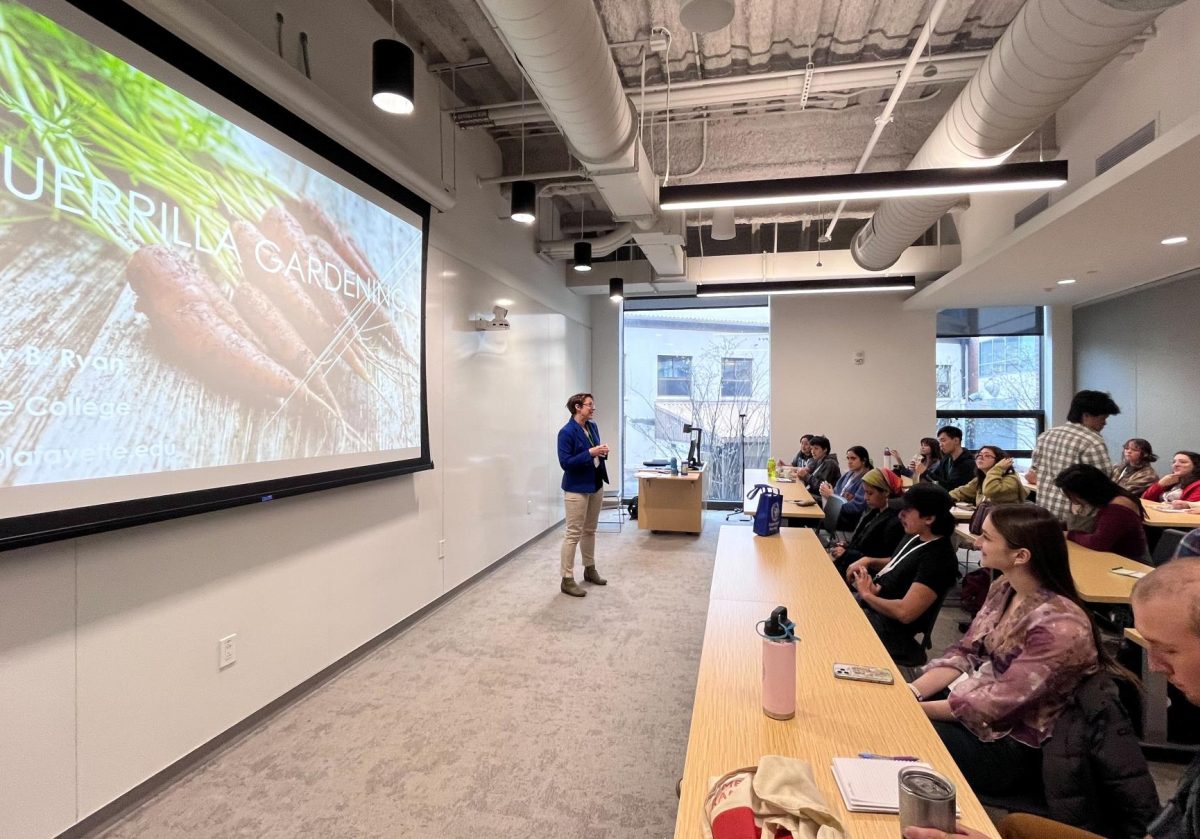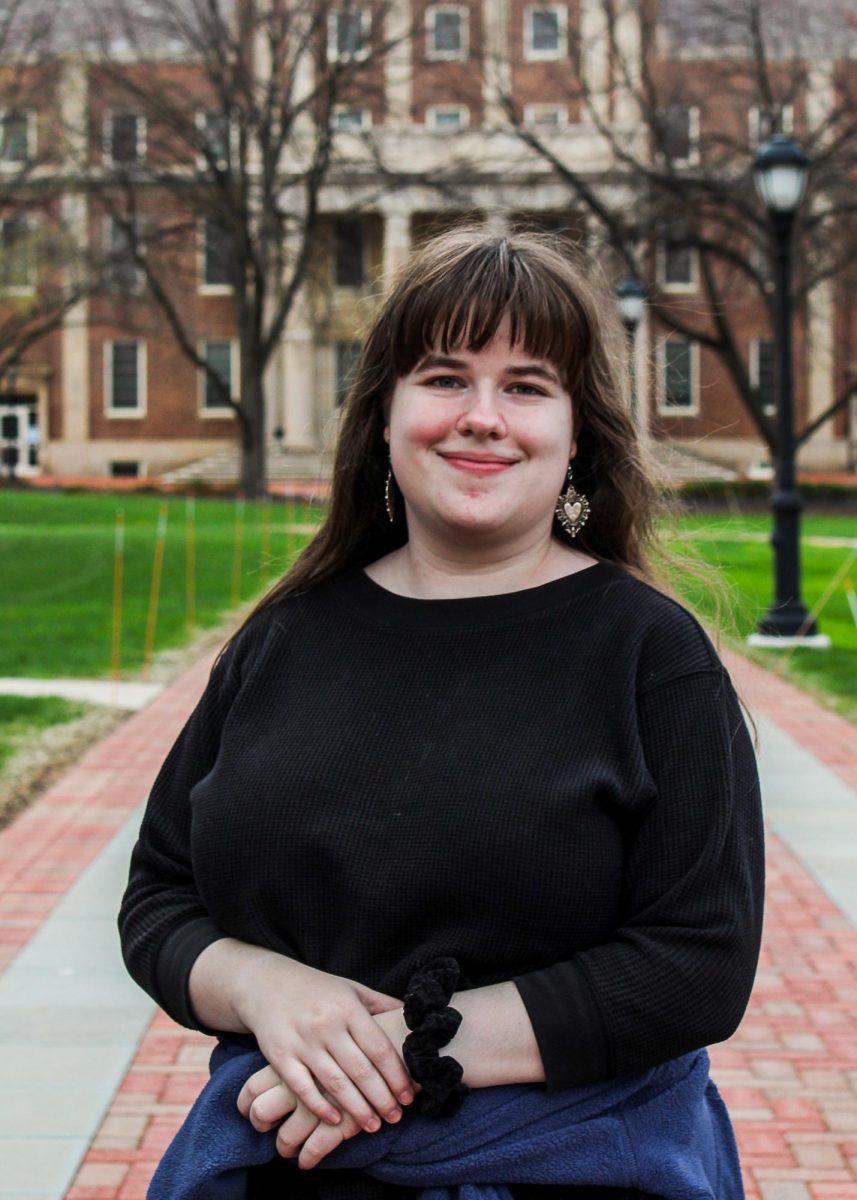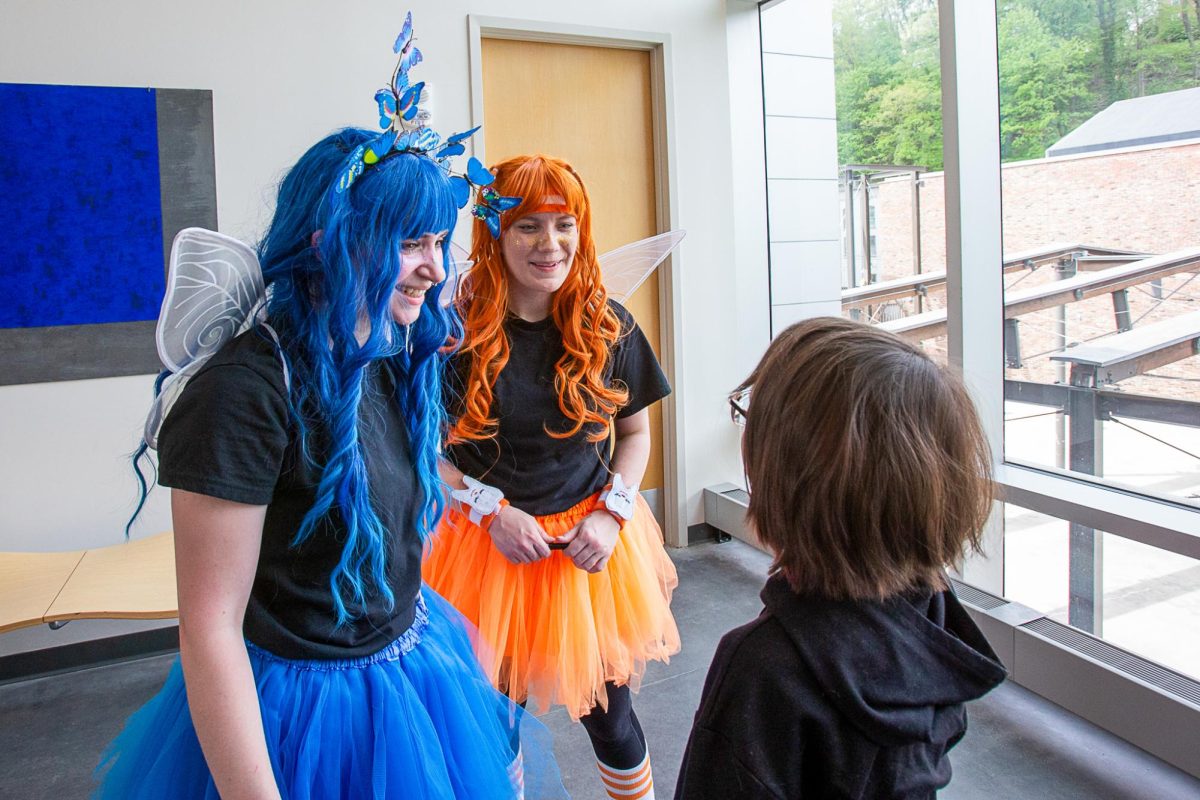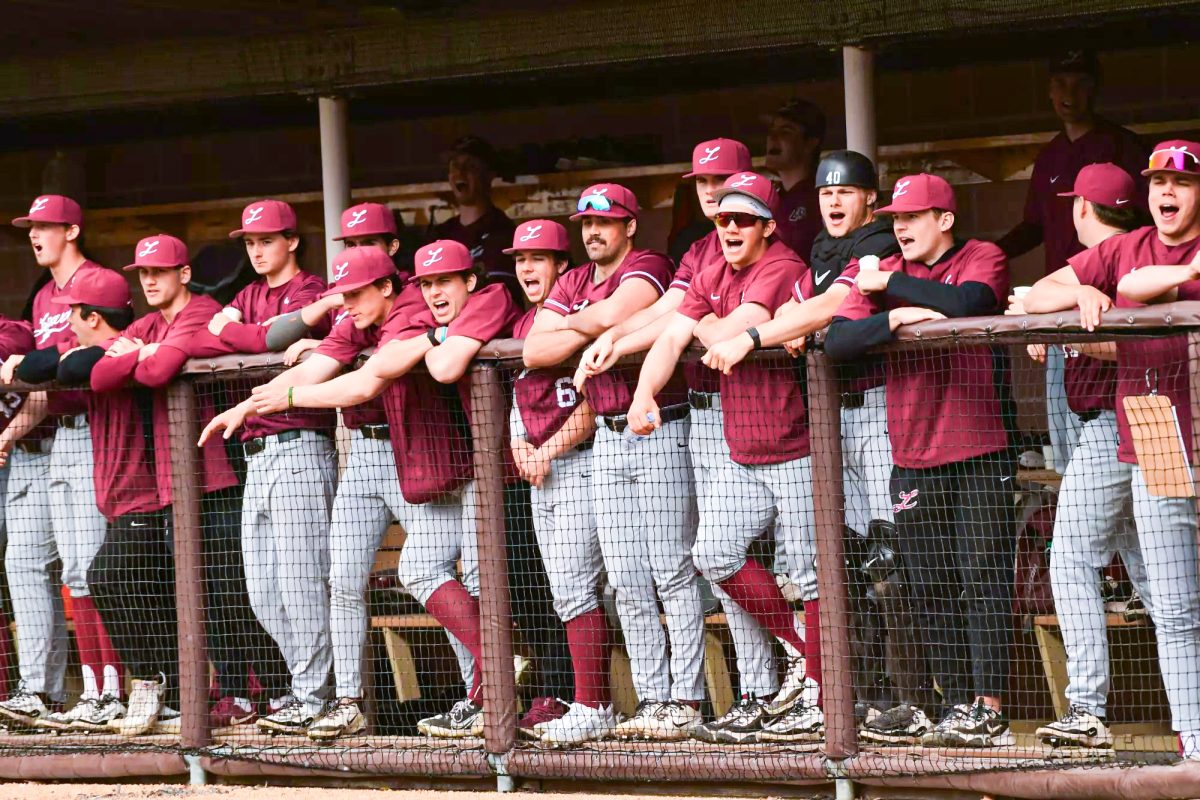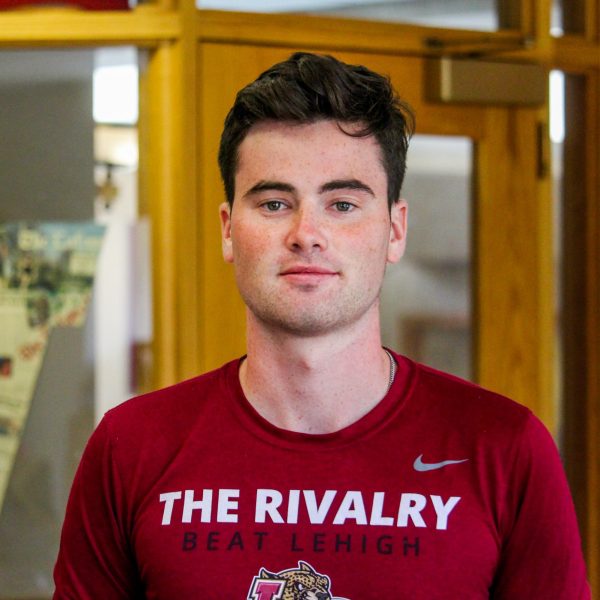Every year, about 720 first-years arrive on campus completely unprepared for what to expect from college life. About a third of those people are athletes, who are not only expected to handle the academic rigors of college but also to represent their school at a Division I level on the field, court, track or pitch.
Lafayette recognized that the transition to college for student-athletes can be jarring by implementing the Peer Mentor Program in 1996. In the program, upperclassmen athletes are paid to guide freshmen athletes through their first year. Run by Assistant Athletic Director for Academic Affairs Carly Riepenhoff since 2016, the program ensures that all first-year student-athletes have a grasp on how to balance school, athletics and student life.
“There are weekly meetings with your peer mentor to go over how classes are going, how life is going, how sports are going [and] what resources you need to start utilizing more,” Riepenhoff said. “I truly do think the program itself is very helpful in getting students, who are new to campus and college lifestyle, accustomed to their new regime.”
Peer mentors advise five to six mentees throughout their entire freshman year. Weekly meetings are required and mentors are expected to give their phone numbers and email for any additional questions or advice.
“I chose to become a peer mentor to give back to the college community because, during my freshman first semester, I had a, let’s say, tough transition into college academics,” senior football player Alex Barshaba said. “I didn’t perform my best and the peer mentor was one of the key factors to helping me stay on track with my goals for my four years and for my life afterward. I wanted to be in a position to be that person for someone else.”
Freshman field hockey player Makenzie Switzer has found the program helpful.
“I think the Peer Mentor Program is a wonderful way for first-year student-athletes to have someone, who has been in our shoes before, help guide us through our first year,” she said. “Our peer mentors are always there to help in whatever way they can which has made adjusting to the college student-athlete lifestyle not as intimidating.”
These mentors undergo substantial training. They come to campus one week early and learn about not only the resources offered by the college but also the best strategies for balancing commitments to schoolwork and athletics.
Riepenhoff explained that the mentors undergo multicultural competency training as well as training for mental health.
“I train them on all of the resources on campus. How to access the Gateway Center, the counseling center, where student accounting is, where to find the best pizza in the area,” she said. “It’s basically the insider’s advice to being a college student at Lafayette.”
The mentors are not only there to be extra advisors for the first-year student-athletes. Ideally, they are there to become friends.
“It’s a weekly check-in to talk about whatever they want to talk about, which I think is really valuable for our first years,” Riepenhoff said. “A lot of times they end up being really good friends which is a cool result of the program … It’s reassuring and also comforting to know there are so many people who want to help us succeed and equally as important to provide the resources to do so.”
With the reinvention of the LEO program as a combination of the Orientation Leader and the Pardner in the fall semester, first-year student-athletes have a second “first person to turn to.”
The Peer Mentor Program and the other support systems that Riepenhoff and the rest of the college have given Lafayette student-athletes have likely contributed to Lafayette’s place among the top colleges in student-athlete graduation rates.
“[Riepenhoff] is awesome, she runs around and she is on top of things. She is always there and is so knowledgable about any sort of advice you need, from a mentor or a mentee standpoint,” Barshaba said.



